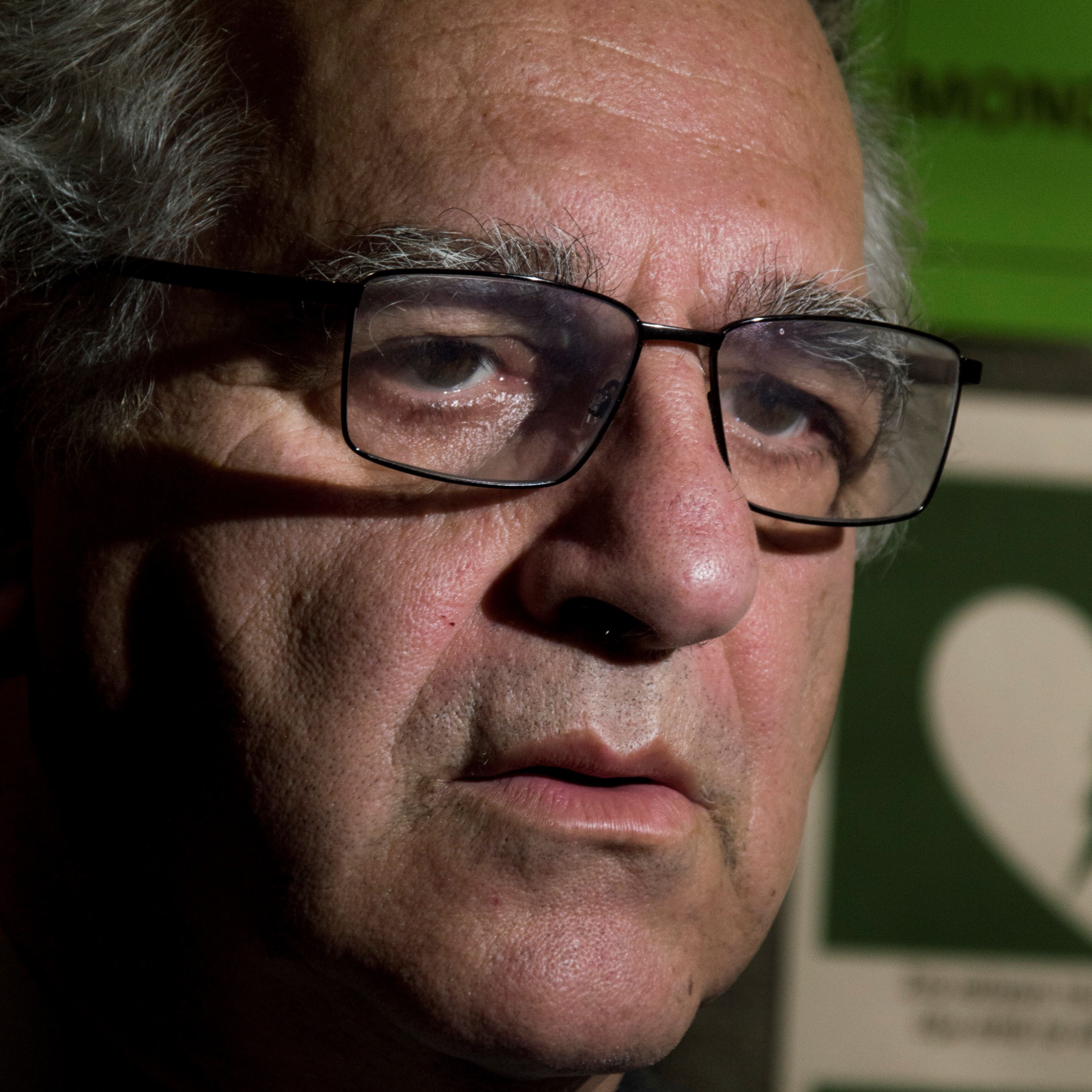Nikolaos Ouzounoglou

He was born in Chalcedon, Constantinople, in 1951. He began his primary education in 1957 at the Greek School of Chalcedon. He continued his secondary education at Zografou Gymnasium (1963-69) in Perahora. He ranked among the top students in the National Technical University of Constantinople, from which he graduated from the School of Electrical Engineers in 1973. He pursued his postgraduate-doctoral studies at the University of Essex, United Kingdom. Forced to repatriate from his homeland, he came to Greece in late 1976. He worked as a Specialist Scientist at the Research and Technology Office of the Navy from 1977 to 1984. In 1981, he received the G. Marconi International Award for his work in Optical Fiber Optics. He was elected Associate Professor at the School of Electrical Engineers of the National Technical University of Athens in 1984, and from 1987 to 2018, he served as a Professor at the same School. He was elected three times as the President of the same School (1988-94) and the first Director of the Research University Institute of Communications and Computer Systems (1991-99). The establishment of systematic doctoral studies, which allowed the reduction of emigration of outstanding students, was his primary concern, with the creation of necessary infrastructure and institutions. The Microwave and Optical Fiber Laboratory of NTUA, which he directed until 2018, has contributed to the development of numerous original systems to meet the country's needs, mostly at no cost to the public. In 2006, he was elected as an IEEE Fellow, an honorary title of the Institute of Electrical and Electronics Engineers. In December 2011, he was honored by His All Holiness Ecumenical Patriarch Bartholomew I with the title of "Patron of Letters". His published work consists of 350 papers in international journals, ten books, and he has supervised 81 doctoral theses on his research subjects covering the areas of Electromagnetic Theory and its applications, Telecommunications, Sensors and Biomedical Technology Systems.
The Importance of Shedding Greece's Technological Dependency through Engineers' Action: Examples from the Last Half Century
The strategic choices of those in power in the new Greek state, throughout the two centuries following the assassination of Ioannis Kapodistrias in 1831, have been oriented towards a detachment from technology as a decisive factor in solving vital issues of the country. This strategy was expressed through choices in education at all levels. In the 19th century, contrary to the choices of the authorities in free Greece, the Greater Hellenism had demonstrated the ability of economic resilience. This was also the factor that, after 1922, when half of its population sought refuge as refugees, transformed the most backward country in Southeastern Europe into one that significantly developed economically and socially in a few years. In the last half century, although favorable conditions existed, mainly due to the country's presence in the European Union, minimal progress has been made in utilizing technology to address the major issues of the nation. The lecture will provide examples of successes despite adverse conditions, as well as failures. The topics to be discussed concern the broader field of electrical engineering and computer engineering, and most importantly, the new generation of engineers is called upon to overcome obstacles in the utilization of technology and science, for the benefit of Hellenism.
Take me back to speakers!

